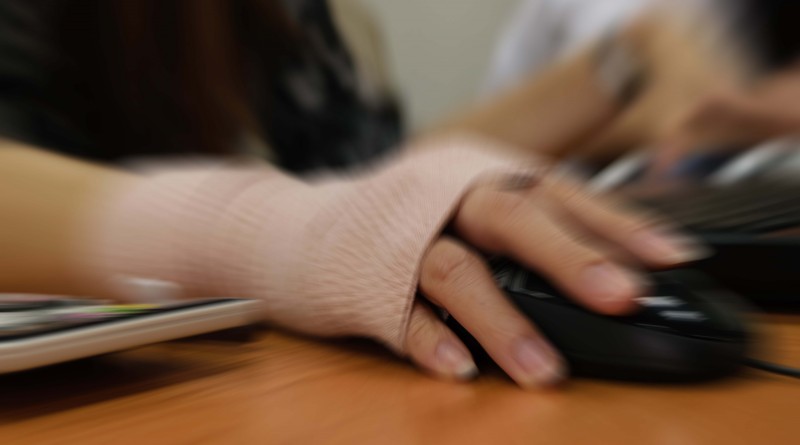I think I got tendinitis, now what?
Here’s everything you need to know about this muscle inflammation.
Tendons are muscular strings that hold muscles close to the bones. Depending on which activities we go through, the exhaustive repetition of a particular movement may cause an inflammation on the related tendons, resulting in a medical condition mostly known as tendinitis. This can be a sudden injury, caused by a violent movement, but normally it starts off due to constant repetitions of certain types of movements, that get the tendon tired and worn out, inflaming it. Other risk factors include uncomfortable posture or forcing too much a particular muscular area.
People who have suffered from a tendinitis agree to say that there are few kinds of pain as this one. Actually, besides the unbearable pain, symptoms are also muscle stiffness, swelling and temporary incapability to move the injured limb.
There are sports that tend to cause tendinitis to its players: among them, we can find basketball, baseball, golf, swimming and tennis. It is no surprise to say that the regions that are mainly affected are those which get more exercised. Here are some examples: wrists and fingers are the most punished ones for climbing lovers; tennis players and golfers suffer from elbow tendinitis and swimmers show some weakness on shoulders.
But this injury is not sportsmen exclusive: for those who work long times with a computer, pain can occur in wrists or hands, due to the amount of time pressuring these areas. There are also professional guitar players who complain about this problem in fingers and wrists.
Avoiding this injury can be done through the maintenance of a good physical shape and, obviously, by warming up before working out. Besides, key factor: stretching. Before and after every training session, it is imperative to stretch each body part only to avoid injuries, among which there can be counted tendinitis. However, after this particular injury sets itself in, there’s nothing much to do besides resting for a long period of time. If symptoms persist, you may need to look for the help of an expert and consider doing some sessions of physiotherapy, alongside some painkiller medicine to avoid excessive discomfort.







